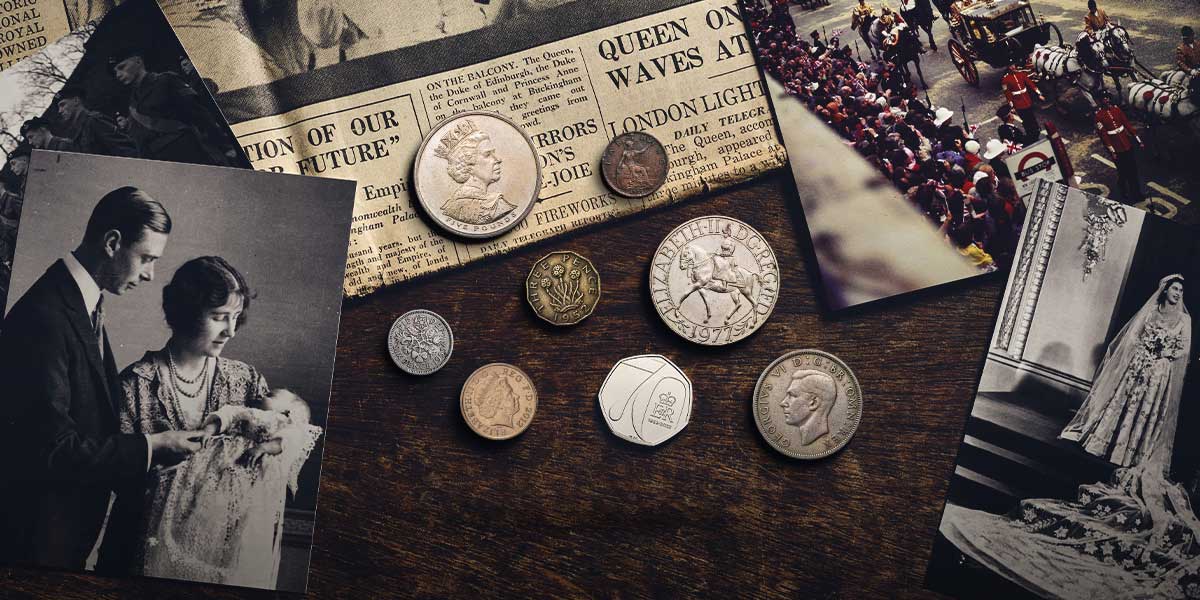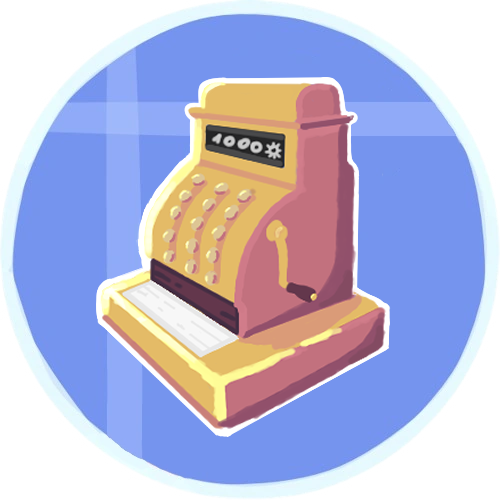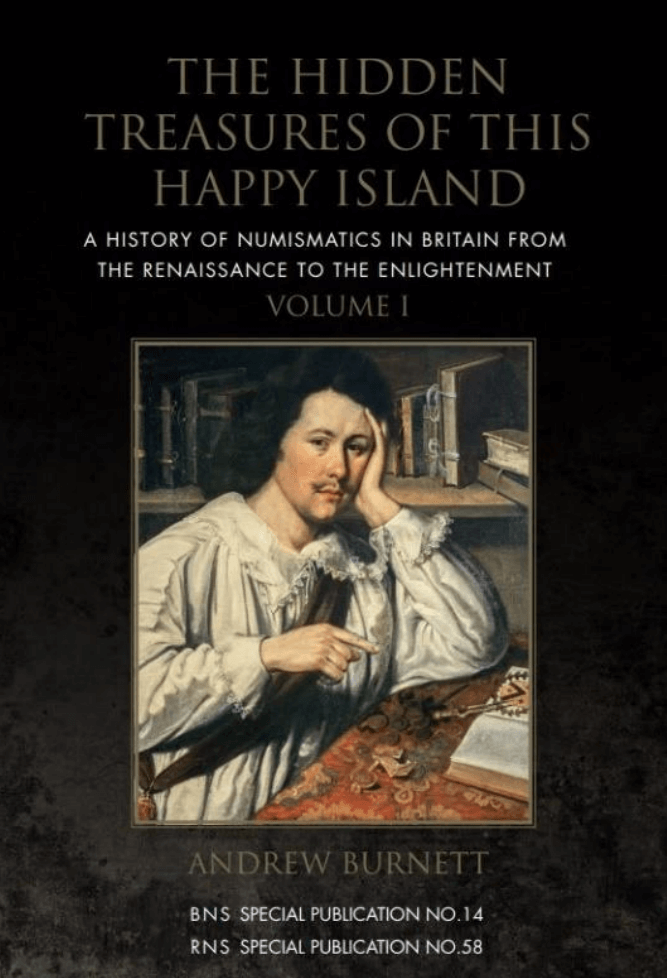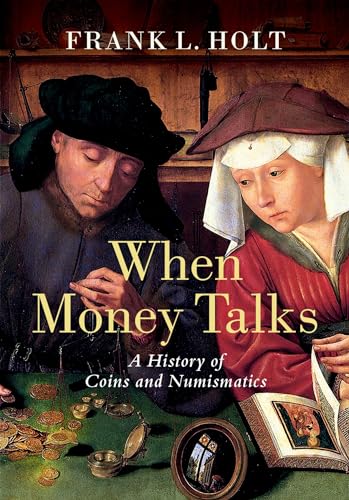Good Advice On Selecting Rial And Legal Tender
Wiki Article
How Do I Utilize Databases To Study Numismatics With Regards To Central Banks?
In order to effectively gather and analyse data, you'll have to follow a few essential steps.
Database Selection: Choose one database that is focused on financial and numismatic data such as those offered by academic libraries, financial institutions, or specialized numismatic organizations. Examples include Numista or the World Bank's database, or academic journal repositories, such as JSTOR.
Search Strategy: Start by defining the goals of your research. Are you looking for the historical coinage of a central bank, its economic policies as depicted in their coin designs, and/or the economic impact on numismatic decisions. Make your search terms more specific to include key words such as "central-bank coins", "numismatics" and specific names of central banks.
Data Collection: Utilize the advanced searching capabilities of the database to narrow down relevant articles and reports. Search for historical records, policies, and numismatic catalogues that give information about the different types of coins, minting sites, as well as historical contexts.
Analysis: Once you have collected the relevant information, you can analyze it for patterns and trends. Analyze the strategies of various central banks when it comes to coinage. Additionally, you can compare variations in designs over time as well as economic factors that affect the decision-making process for coin production. Examine the connections between numismatic trends and broader economic policies or past events.
Cross-References: Validate what you've discovered by cross-referencing your findings in various databases. This ensures that you have a complete understanding of the data and minimizes the risk with relying on isolated biased data.
Documentation: Document all your research findings and sources and the research methods you used. Documentation is vital to professional or academic purposes and improves the credibility your work.
Be up-to-date with Information on numismatics and central bank policies change throughout time. Check the database often to keep up with new research or updated coin catalogs.
These steps can help you make use of the power that databases provide to perform thorough study and get valuable insight into the numismatics. This method lets you explore a comprehensive study of the past and present aspects that relate to the production of coins and circulation of currency, as well as broader economic implications. See the most popular basics on banknote display for blog recommendations including precious metals, coin value, austrian coins, german coins, german coins, coin errors, german coins, central bank, forint, denomination and more.

What Can I Do To Research Numismatics In Connection To Mines By Using Databases?
To have a method to conduct this research Follow these steps: Selecting databases that specialize on the history of mining as well as metal resources and sources of coins. An organized approach is available to help you conduct this type of study. Examples include mining company data bases and historical mining records and Numismatic databases.
Define Research Focus: Specify your research objectives. Do you want to know about the mining facilities that provided metals used for coins in the past, the geographical the origins of these precious metals, the mining techniques from different times in history, or the economic impact mining has on numismatics. Find out what interests you are interested in to guide your study.
Search Strategy: Include keywords like "mining history"," coins," or "historical mining" and, if applicable, include metal names (gold silver copper) geographical regions, or specific metals. Utilize advanced search options to filter results based on date, document type (such as mining reports, geological surveys) and mining methods.
Data Collection: Get access to historical information about mines that produced metals for coins. Find information about old mines that produced the metals used in coinage.
Examine your data to discover the relationship between mining & the numismatics. Find out how the purity of metal sources affected the production of coins. Learn about the coinage standards that were adopted and how mining regions affected numismatic history.
Cross-Referencing: Confirm your research findings by cross-referencing data across different sources and databases. This will provide a complete and accurate picture of the mining activity that affected numismatics.
Documentation - Record your findings by regularly citing sources and recording the research methods you employed. Keep track of the details such as databases you've used as well as your search terms and their relevance to the research questions.
Stay Updated: Mining records and historical data may evolve with ongoing research and new discoveries. Keep up-to-date by following reports from geological surveys mining company reports as well as Numismatic research platforms to get the most recent findings in mining and the numismatics field.
These steps will enable you to effectively use databases to explore numismatics as it pertains to mining. This method allows for a thorough study of the historical mining activities which provided the necessary metals for coin manufacture, giving insight into factors like economic, technical and geographical influences on numismatic development. Have a look at the recommended currency for website tips including collection, circulated, coin magazine, slovak coins, coin book, coin certification, banknote production, gold, numismatic value, banknote and more.

How Do I Search Numismatics Through An Online Database That Is Related To Auction Houses
The study of numismatics in relation to auction houses involves utilizing databases that focus on auction records as well as historical sales records, and the expertise of auction experts. This is a structured way to do such research. Examples include auction sites online (such such as Heritage Auctions, Stack's Bowers Galleries) Auction houses websites, as well as the numismatic research platforms which store auction results.
Define Research Focus: Specify your research objectives. Do you want to gain an understanding of market values for certain coins, trends within numismatics collection, or the effect of auctions on market prices? Find your area of interest to guide your research.
Search Strategy: Use keywords, for example "numismatic auctions," auction catalogues of houses," coin auction results," and if applicable the auction house's specific or geographical region names. Search results can be classified according to categories such as auction dates, dates, coins types, as well as auction houses.
Data collection: Collect the auction house catalogues as well as sale records. Get information about auction dates along with lot descriptions, as well as coins. Also, gather details about provenance, price, and much more. Browse databases with archived auction results and catalogs to get a more thorough analysis.
Analysis: Analyze the data in order to understand patterns and dynamics of the market in the field of numismatic collection. Examine the value attained for rare coins the patterns of auction activity over time and the effect of auction house expertise on the appraisal and attribution of numismatic items.
Cross-Reference: Ensure the accuracy of your study by comparing data from different auction house databases and the numismatic literature. You may also look up archived auctions from the past. This ensures that the research you conduct is reliable and complete, giving you a full picture of what auction houses have done to numismatics.
Documentation: Record your findings in a systematic manner including citations to sources and noting the methods used. Note the database names, search terms and relevance of each source in relation to your research question.
Keep up to date: Numismatic auctions are constantly changing and records are continually broken. For the latest developments in numismatic prices and auction trends, keep up with updates from auction house websites, societies for numismatics, and databases of specialized auction results.
These steps can assist you to discover numismatics using databases with respect to auction houses. This allows for an in-depth investigation of market dynamic, sales history, and expertise of auction experts which influence the landscape of collecting. View the best mint condition recommendations for blog info including banknote printing, banknote dealer, coin minting, peso, copyright detection, antique banknotes, banknote display, numismatics, numismatic value, antique coins and more.

How Do I Use An Online Database To Study Numismatics In Connection With Online Forums And Communities?
To research numismatics using online forums, you will need to join forums that allow collectors and fans to exchange knowledge, discuss trend and display their collections. A method that is structured is provided to help you conduct this type of research. Examples include forums like CoinTalk and Reddit's ‘r/Coins’, and numismatic groups on social media platforms such as Facebook groups and LinkedIn.
Define Research Focus: Specify your research objectives. Are you looking to understand current trends in collecting, or discussing particular kinds of coins or historic periods, seeking guidance on authentication and grading, or meeting to experts in the specialized fields of numismatics? Clarify your interests to help you narrow your search.
Search Strategy: Include keywords that you find relevant like "numismatic communities," "coin-collecting forums" or "online discussion on numismatics," as well as specific subjects (ancient coin or modern paper money, coin), or keywords that relate to your research questions. Use the search functionality on each platform to find relevant threads and forums.
Data Collection: Participate in discussions, threads, and posts in the online communities. Learn about collecting strategies, coins, market trends and personal experiences of numismatic discoveries. Also, discuss historical or cultural aspects related to coinage.
Analyse the data in order to understand opinions, expertise and experiences that are shared among members of the online communities. You can assess the validity of the information by analyzing the experiences of contributors and the consensus on particular topics among the members.
Cross-Referencing - Check the validity of your findings by comparing information from various communities and forums. Examine the insights of different platforms to gain a greater perspective on collecting trends, market sentiments and expert advice within the numismatic community.
Documentation: Write down all your research findings, including specific threads and discussions. If needed, you can also cite contributors. Record the key information along with trends, opinions, and other information in online forums.
Stay Engaged: Engage actively with discussions, pose questions, and participate in discussions to gain insights and build connections within the community of numismatics. Stay up-to-date with the latest threads, announcements, and responses.
If you follow these steps, you'll be able to effectively utilize forums and online communities to conduct research in the field of numismatics. This approach lets you benefit from the collective knowledge and experience of a diverse collection of experts and collectors offering valuable insights and perspectives on various aspects of identifying and appreciating coins. Follow the top read more here for currency dealer for more tips including dollar, legal tender, platinum, currency dealer, real, zloty, coin rarity, banknote artist, coin identification, banknote album and more.

How Can I Learn More About Industry Consultants By Using A Numismatics Database?
When conducting research in numismatics, it is important to utilize databases that contain details on reports from industry, individual consultants and numismatic societies. This is a structured method to conduct such research. These include business directories as well as websites for consulting companies. These also include publications of numismatic societies.
Define Research Focus: Specify your research objectives. Are you looking to consult for numismatic enterprises market research reports on the subject of numismatics (or individual consultants' expertise in particular numismatic segments), or patterns identified by consultants in the field? Clarify your search to help you.
Search strategy: Use keywords, such as "numismatic companies", "numismatic firms", and "market reports on coins." If appropriate you can also add the areas of expertise or geographic regions. Advanced search options allow you to search by date, consultant specialty, and consulting service offered.
Data Collection: Access information on consulting firms specializing in numismatics and industry consultants providing services to numismatic businesses. It is possible to collect information about consultants, their specialties (such as market analysis, collection and authentication management), testimonials of clients as well as reports from industry consultants and more.
Study data to comprehend the role of consultants and their contributions to the numismatics business. Examine the knowledge and techniques employed by consultants to provide advice on investing in numismatics, market trends and collection management strategies.
Cross-Reference: Verify the accuracy of your study by cross-referencing information from multiple directories, databases of consulting companies, publications and reports published by numismatic societies, in reports from industry organizations. This lets you do a thorough and precise research. Additionally, you will gain a complete picture of the consulting industry in the field of numismatics.
Documentation: Documentation is essential. Note sources and the method used. Keep track of the specifics of the databases you used, the search terms you utilized, as well as how each one of them is related to your research.
Keep updated: Consultancy services and the market trends in Numismatics keep changing as economic and regulatory changes take place. You can stay up to the latest industry trends by keeping an eye out for updates from websites of consulting companies and industry reports.
Utilize these tips to use databases effectively to investigate numismatics in relation to industry consultants. This approach enables a detailed study of the advice services, market analysis, and strategic information provided by consultants within the numismatic industry. They offer valuable insights into the business's operations, investment strategies and market dynamics within the numismatics industry. Read the most popular read this for banknote news for more advice including coin society, currency, banknote holder, coin news, obsolete currency, rupee, coin grading, banknote auction, banknote dealer, rial and more.
